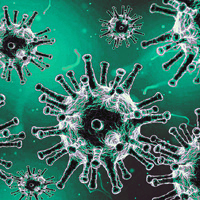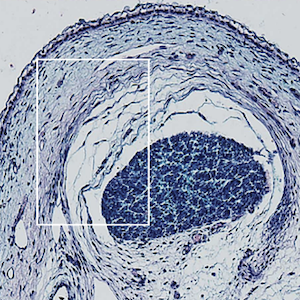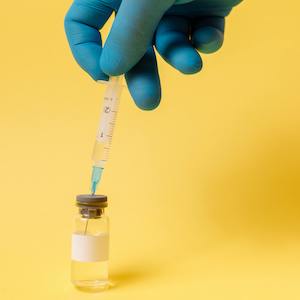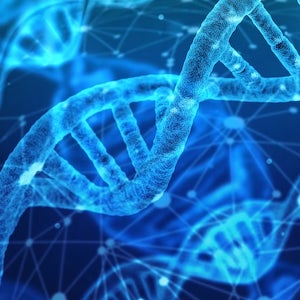Children with Kawasaki disease or Kawasaki-like syndrome (MIS-C/PIMS) at the time of COVID-19: are they all the same? Case series and literature review

All claims expressed in this article are solely those of the authors and do not necessarily represent those of their affiliated organizations, or those of the publisher, the editors and the reviewers. Any product that may be evaluated in this article or claim that may be made by its manufacturer is not guaranteed or endorsed by the publisher.
Accepted: 18 December 2020
Authors
Since the coronavirus disease 2019 (COVID-19) outbreak started, children have been considered marginally involved compared to adults, with a quite significant percentage of asymptomatic carriers. Very recently, an overwhelming inflammatory activation, which shares clinical similarities with Kawasaki disease (KD), has been described in children exposed to COVID-19. We report three KD-like cases that occurred during the pandemic of severe acute respiratory syndrome coronavirus 2 (SARS-CoV-2) in a highly affected area of Northern Italy. The clinical presentation was characterized by the presence of unremitting fever, diarrhea and elevated inflammatory markers. Case #1 and Case #2 occurred one week apart and shared other clinical features: laboratory tests confirmed COVID-19 exposure and high inflammatory activation with myocardial involvement. Case #3 followed a more typical pattern for KD. Interestingly, this patient showed lower levels of procalcitonin, C-reactive protein, D-dimers, and ferritin compared to the other two cases, whereas platelet count was higher. We hypothesize that SARS-CoV-2 might act in children as a trigger, either inducing a classical KD phenotype or causing a systemic inflammatory response leading to a severe KD-like phenotype, eventually characterized by myocardial impairment. We think that bringing these cases and their differences to the attention of the rheumatology community during the COVID-19 pandemic will be beneficial in order to highlight the importance of early diagnosis and to increase awareness of this new phenomenon.











